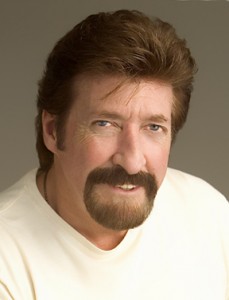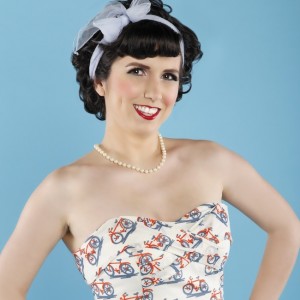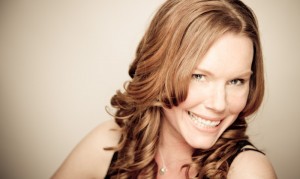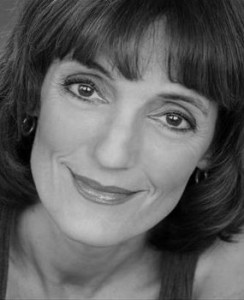5 Questions for a Professional Voice-Over Talent – Silvia McClure
Today’s 5 Questions for a Professional Voice Over Talent are answered by Silvia McClure, a professional voice-over talent.
1. The beginning: When did you know you wanted to be a voiceover talent; how did your career begin (please include what year it started) and then when did your passion for voiceover develop into something professional?
My VO career began – subconsciously – when I started DJ’ing. Which was something I fell into and basically forced me to perform and speak into a microphone. Up until that point, I wouldn’t even leave a recorded message on our answering machine. That’s how much I didn’t like hearing my own voice! I began taking classes off and on in 2003, and got serious about a VO career in 2005, when I got my recording equipment, learned how to use ProTools, started auditioning and booking jobs.
2. What is the one thing you know now that you wish someone had told you when you first started out in voiceover?
Don’t record your demo too soon! Take classes, study, be part of a workout group, read blogs/discussion groups/newsletters, and when you think you’re ready, take some more classes, practice some more, etc.
3. What do you see as the biggest professional or personal obstacle you face that impacts your voiceover business and how are youworking to overcome it?
My biggest obstacle is that I speak three languages. I have a slight accent when I speak English, and a so-called “accent-creep” when I speak German or French. If a client asks for a “native”, or a specific regional accent, chances are, I won’t be considered.
I don’t let that stop me. There are many clients who like my voice, and feel that I give their project an interesting and special flair.
Of course, I practice reading out loud every day, watch TV/video’s etc. and read articles or books in each language. And I’ve taken private lessons from coaches to work on those pesky details and tongue-placement required by American English!
4. What personal trait or professional tool has helped you succeed the most in your career so far?
I believe in living life without regret. And I am a hard worker and believe when doing something, do it right and do it well.
5. In your development as a voice over performer, who has been the one particular individual or what has been the one piece of performance advice (maybe a key performance trick, etc.) that you felt has had the most impact on your actual voice over performance and why?
I studied with Cynthia Songe in LA, and I remember an exercise we did during animation class. We sat in a circle and one after another, we got up and stood in the middle. It was an improv exercise, and were given a with gender and age, and had to start talking. Then we were given more and more traits. We had to throw our whole body into the character and it was such a fascinating exercise.
I also enjoy the video-clips that are posted on Youtube of Nancy Wolfson. She has so many useful and insightful tips for commercial reads. And they are free!
For the past year, I’ve been part of a weekly workout group. We meet on Skype and it has been the most valuable experience! It is a such a supportive environment, and I can call on the people in the group anytime outside our workout time as well, be it VO specific or just a pep-talk when I’m feeling down.









